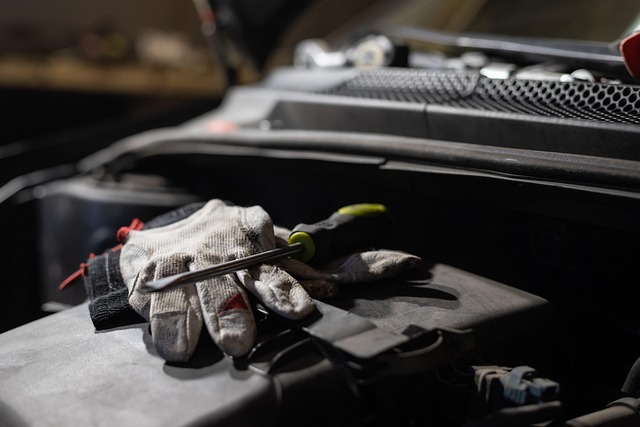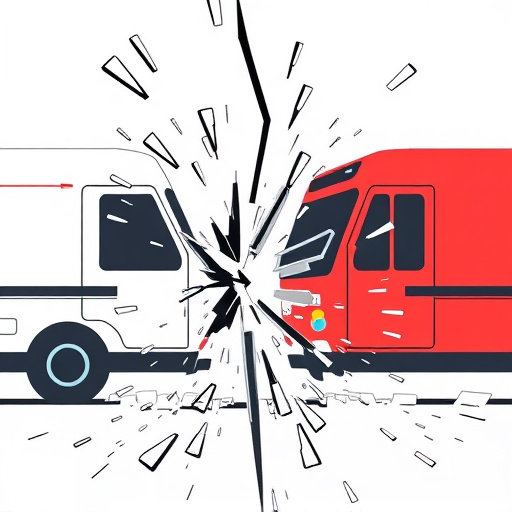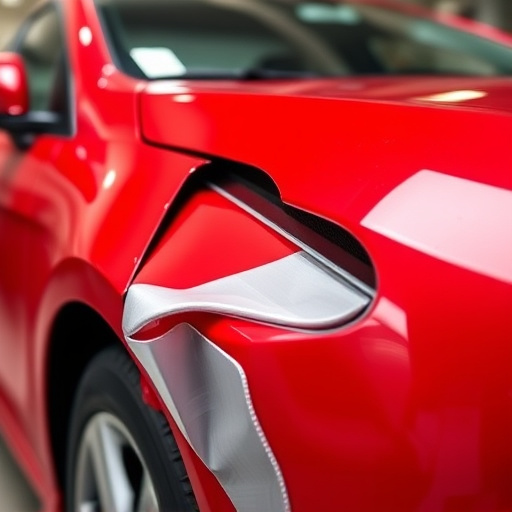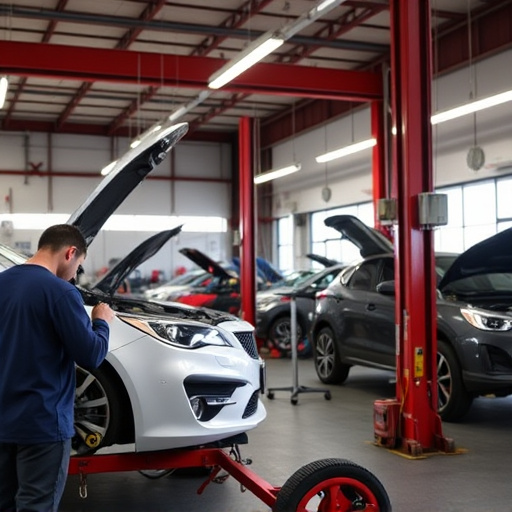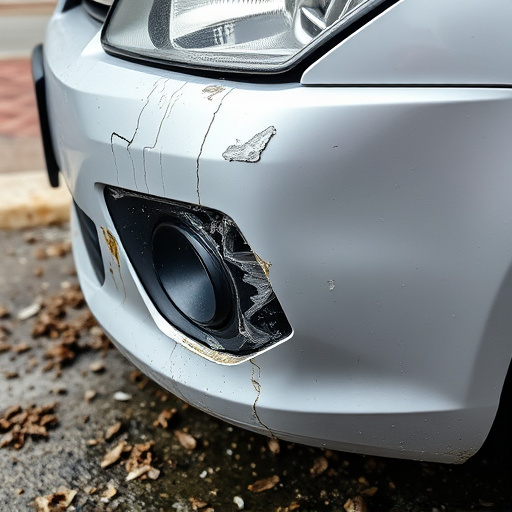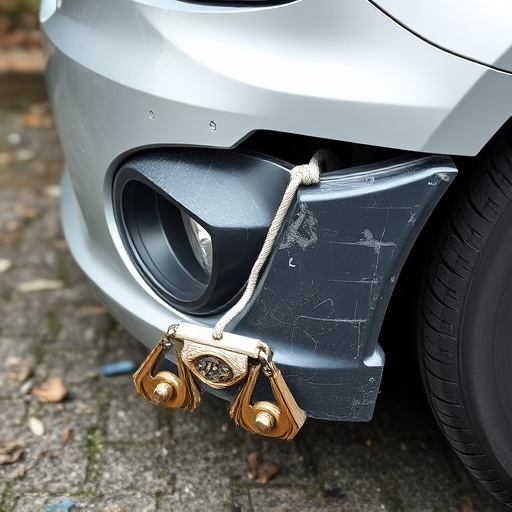A certified collision center's reputation and success hinge on comprehensive training for technicians in tire services, body shop repairs, and car repair, ensuring they can handle diverse damage from minor to extensive. This ongoing education keeps them ahead of industry trends, enhances customer satisfaction, and promotes a culture of excellence. By mastering technical skills and safety protocols, these centers offer cutting-edge solutions like superior car dent removal, catering to both fleet repair services and individual customers in the modern automotive landscape.
In the dynamic landscape of automotive repair, a certified collision center stands out due to its specialized training and expertise. This article delves into the crucial role of training within these centers, highlighting how it enhances service quality and customer satisfaction. We explore essential skills and knowledge required by certified technicians, emphasizing continuous education as a key factor in keeping up with industry advancements. By understanding these aspects, collision centers can ensure they provide top-notch repairs, maintaining their reputation in a competitive market.
- Understanding the Significance of Training in Collision Centers
- Essential Skills and Knowledge for Certified Technicians
- Continuous Education: Staying Ahead in the Industry's Evolution
Understanding the Significance of Training in Collision Centers
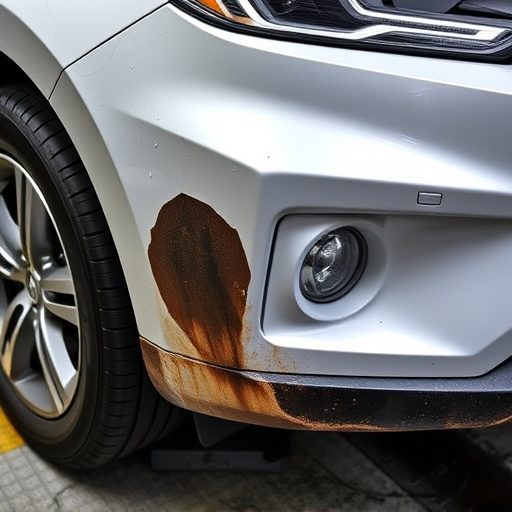
In the dynamic landscape of automotive repairs, a certified collision center stands as a beacon of quality and safety. Training plays an indispensable role in this context, serving as the foundation upon which the center’s reputation is built. Skilled technicians equipped with up-to-date knowledge are essential for delivering top-notch services, such as tire services, vehicle body shop repairs, and car repair services. These professionals must be adept at handling various types of damage, from minor dents to extensive structural repairs, ensuring that every vehicle leaves the center in pristine condition.
Comprehensive training ensures that certified collision centers stay ahead of industry trends and technological advancements. By investing in their team’s education, they can provide efficient and effective solutions for modern vehicles. This commitment to continuous learning not only enhances customer satisfaction but also fosters a culture of excellence within the organization, solidifying its position as a trusted provider of automotive services.
Essential Skills and Knowledge for Certified Technicians

In a certified collision center, technicians must possess a comprehensive set of skills and knowledge to handle various vehicle collision repairs effectively. They should be adept at reading and interpreting technical schematics, which is crucial for diagnosing complex issues in modern vehicles with sophisticated electrical systems. Understanding computer-aided design (CAD) software enables precise measurements and accurate restoration of vehicle components, ensuring that each repair meets industry standards.
Additionally, technicians need to have hands-on expertise in a range of collision repair techniques, from metal working and panel beating to advanced painting and finishing. They should be proficient in using power tools, hand tools, and specialized equipment commonly found in auto body shops. Knowledge of safety protocols is paramount, as it involves handling hazardous materials and operating machinery while ensuring the well-being of both technicians and customers. This combines technical prowess with a commitment to safety, elevating the overall quality of service provided by the certified collision center.
Continuous Education: Staying Ahead in the Industry's Evolution
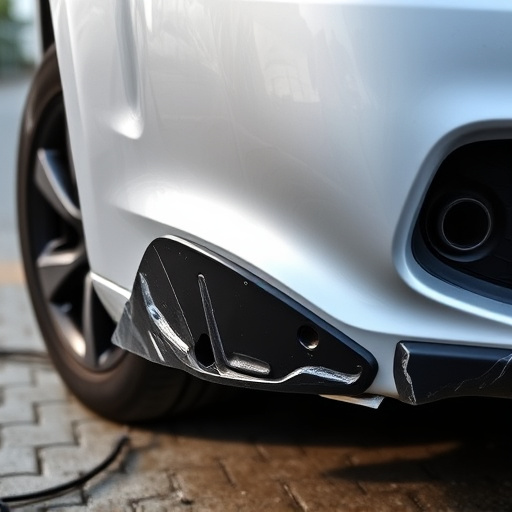
In the ever-evolving automotive industry, a certified collision center’s success hinges on continuous education and staying abreast of the latest advancements. This is crucial as new technologies, techniques, and safety standards emerge, requiring professionals to adapt and enhance their skills. The dynamic nature of vehicle repair services demands that technicians and engineers keep learning to offer cutting-edge solutions, especially in specialized areas like car dent removal.
By investing in ongoing training programs, certified collision centers ensure their staff remain at the forefront of the industry. This enables them to provide exceptional service for various needs, including fleet repair services, catering to both individual customers and commercial entities. Such proactive education fosters innovation, allowing collision centers to stay ahead of trends and meet the evolving demands of the modern automotive landscape.
Training plays a pivotal role in ensuring the success and safety of any certified collision center. By continuously educating technicians on the latest industry developments, specialized skills, and best practices, these centers can maintain high standards and deliver exceptional repairs. This commitment to training not only benefits the customers by guaranteeing quality work but also positions the certified collision center as a leader in the ever-evolving automotive repair landscape.



